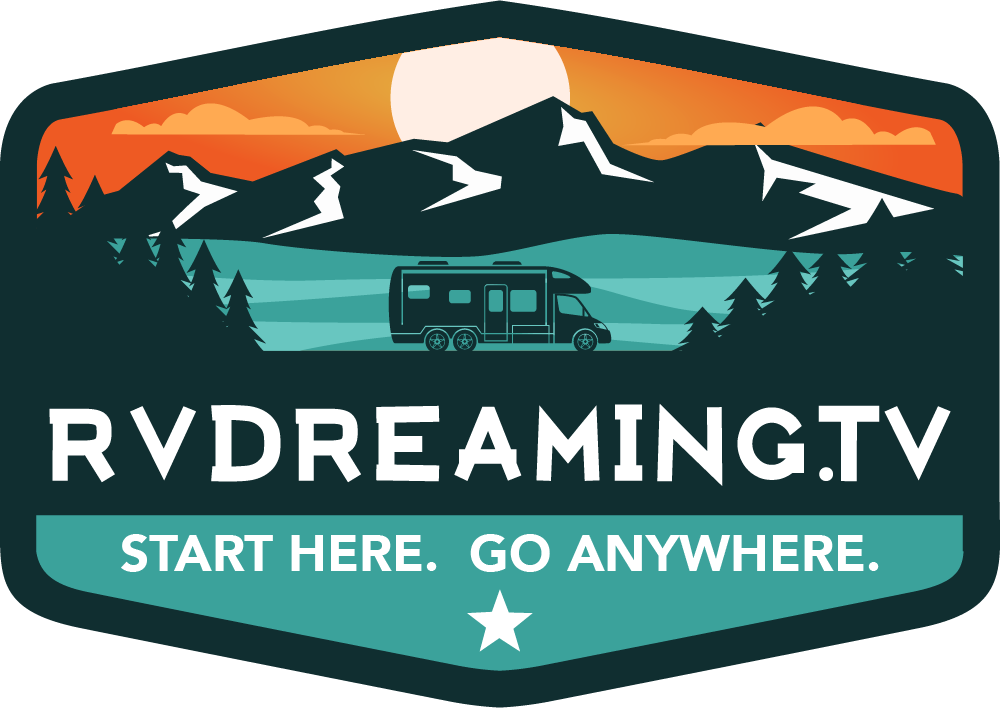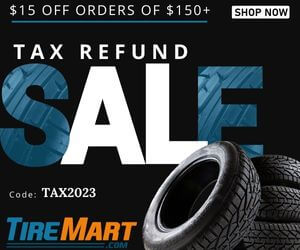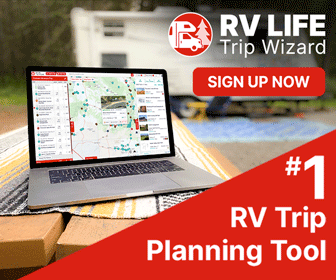
New Or Used RV?
Ready to hit the open road in your very own RV? But the question is, do you go new or used? We will look at the pros and cons of each to help you make the best-informed decision.
Whether you’re a seasoned traveler or a first-time buyer, you’ll want to carefully consider your options before making a purchase.
Should you go for a brand new rig, with all the latest features and customization options? Or should you opt for a used model that’s more budget-friendly?
Both choices have their own benefits and drawbacks, and it’s important to weigh them all before making a decision.
In this article, we’ll explore some of the key considerations that will help you choose. We will also identify the best option for your needs and budget.
So buckle up, because we’re about to take you on a journey through the exciting world of Recreational Vehicles!
Pros of Buying a New RV:
- Brand spanking new! When you buy a new RV, you get a vehicle that has never been used. It is in excellent condition. No need to worry about any previous wear and tear or unknown maintenance issues.
- Latest and greatest features: New rigs usually come with fancy new features like updated appliances. If you’re a techy, it has the latest technology and improved safety features.
- Customization options: When you buy new, you have the chance to make it your own through customization. Change the inside and outside, and pick your colors and fabrics. This is especially appealing if you have ideas on how you want your home on wheels to look and feel.
- Warranty: New RVs usually come with a manufacturer’s warranty that covers certain repairs and issues. Warranties usually are only for one year or less, but some are longer. This can give you peace of mind and save you money on potential repairs.
- Financing options: It may be easier to get a loan for a new motorhome. Lenders may be more willing to give loans for brand-new vehicles. And, they usually have lower interest rates than used RV purchases.
- Resale value: While motorhomes do lose value over time, new ones may have a higher resale value compared to used ones.
Cons of Buying New:
- Cost: The biggest downside of buying a new RV is the price. New rigs can be significantly more expensive than used ones, especially when you include the cost of financing.
- New RVs may have bugs in them. These can range from appliances not working, squeaks and rattles, or even an outright failure. You will need to work with the dealership to have these items repaired. With a used RV, all defects are usually known.
- Depreciation: Like any new vehicle, a new RV will lose value as soon as you drive it off the lot. This means you may end up losing a lot of money in the long run.
- Higher insurance premiums: Insurance premiums for new RVs may be higher than for used ones, as the cost to repair or replace a brand-new vehicle is generally higher.
- Limited inventory: There may not be a huge selection of new vehicles available, depending on the dealership and location. This can limit your options and make it harder to find the exact RV you want.
- Break-in period: New engines and rigs may require a break-in period where you have to follow certain maintenance guidelines to preserve the vehicle’s warranty. This can be a hassle and add extra costs.
Pros of Buying a Used RV:
- Cost: As mentioned before, one of the biggest advantages of buying a used RV is the cost. Used RVs are usually much cheaper than new ones, and you can often find a good deal if you shop around.
- Lower depreciation: Since used rigs have already gone through the initial period of depreciation, they tend to hold their value better than new ones. This means you may be able to sell your used RV for a higher price later on.
- More affordable insurance premiums: Insurance premiums for used RVs are generally lower than for new ones, as the cost to repair or replace a used vehicle is generally lower.
- More options: There is typically a wider selection of used RVs available, which means you have a greater chance of finding the exact model and features you want.
- No break-in period: Used RVs don’t require a break-in period, which means you can use the RV as you please without having to follow any specific maintenance guidelines.
Cons of Buying Used:
- Unknown history: When you buy a used RV, you are taking a bit of a risk since you don’t know the full history of the vehicle. It’s possible that the rig has been in an accident or has had significant wear and tear that may not be immediately apparent.
- Fewer customization options: When you buy a used motorhome, you are generally limited to the features and layout that are already in place. While you may be able to make some modifications, you won’t have the same level of control as you would with a new RV.
- Potential maintenance issues: Used RVs may have unknown maintenance issues that could come up and require expensive repairs. It’s important to thoroughly inspect a used RV and get a mechanic’s evaluation before buying to try and identify any potential problems.
- No warranty: Used RVs generally don’t come with a manufacturer’s warranty, which means you are responsible for paying for any repairs or maintenance out of pocket.
- Financing may be more difficult: It may be harder to get a loan for a used RV, as lenders may be more hesitant to give loans for used vehicles.
- Older features: Used RVs may have older appliances and features that may not be as efficient or modern as those found in new RVs.
In conclusion, whether to buy a new or used RV is a personal decision that depends on your individual circumstances and priorities. It’s important to carefully consider the pros and cons of both options before making a decision.
If you have the budget for it and value the peace of mind that comes with a brand-new vehicle, then a new RV may be the right choice for you.
On the other hand, if you are looking for a more budget-friendly option and are willing to take on a bit of extra risk, then a used RV may be the way to go.
Ultimately, the most important thing is to do your research, create a budget, and choose the option that best meets your needs and desires.

















Trackbacks/Pingbacks